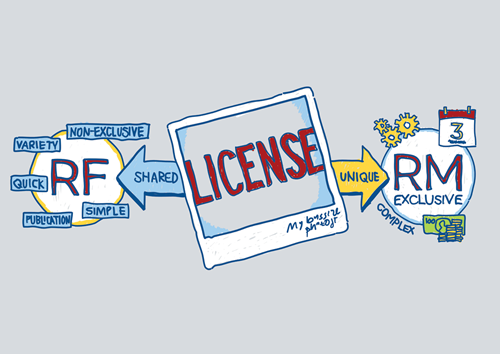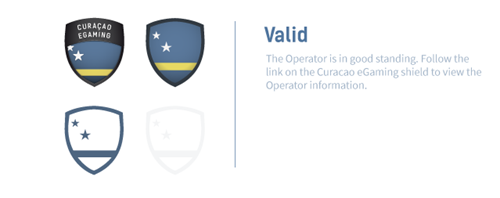If you are planning on starting an online casino, but you don’t which licensing authority to pick, then you have come to the right site. In this article, we have compared two well-respected jurisdictions, Malta and Curacao, to help make the best decision.
Curacao eGaming Licence
Curacao is one of the pioneers in the online gambling world. It has been providing and regulating Curacao licensed casinos in the UK since 1996, where it has served some of the biggest operators in the world. Curacao eGaming offers two types of licences to operators – Master Licence and Sub Licence. The licence covers all types of games, skill, and chance, software providers, affiliates, and more.
What is needed to obtain a licence?
- One of the basic requirements to apply for a Curacao licence, you must have an offshore company in the territory. The company will then apply for a sub-licence from one of the four Master licence holders.
- Other requirements will include a certificate of no criminal record, photocopies of passports and utility bills, official references from your lawyer, information about the software, including third-party auditor of the Random Number Generator (RNG), prove of domain ownership, a copy of terms and conditions and more.
- Note that it takes between 4 to 6 weeks for the licence to be processed, but you need to have all the documents ready before you start.
Benefits
- The biggest benefit of having a Curacao eGaming licence is that you will not pay any VAT, and the tax rate on the earned profit is 2% only.
- Also, the licence takes a very short time to be processed – around two weeks, and it covers numerous products including the partnership with TruePlay.
- Last but not least, the fee for acquiring a Curacao eGaming licence and the attached terms are friendly compared to other authorities.
Malta Gaming Authority Licence
Malta (MGA) is another renowned licensing authority that provides a simple procedure for acquiring a licence. Currently, they offer two types of licences; B2B and B2C. The B2B licence has provisions for the offered games; it doesn’t require licences for each class of game.
On the other hand, a B2C licence holder is allowed to add on different types of games without following the long procedure. The licence is valid for ten years. However, the registration process may take a bit longer because the authority must verify all the provided documents before they issue a licence.
What is needed to obtain a licence?
- Similar to other authorities, you’ll be required to set up a company in Malta to obtain a licence.
- The applicant must also pass a fit and proper test, provide evidence of no criminal record, copies of passports and bank statements, utility bills when applying for Malta licence.
- Last but not least, a comprehensive business plan, information of the gaming software and audit must be provided. Note that all servers must be hosted in the Maltese jurisdiction.
Pros
There are many benefits enjoyed by companies that use the Malta Gaming Authority (MGA) licence.
- It has knowledgeable and multi-lingual support and numerous experienced individuals to help you get the licence.
- Additionally, the corporate income rate can be as low as 5% of the GGR, and licensees are only allowed to pay tax on revenue.
Final Words
The licensing authorities play a very vital role in the iGaming industry. They ensure that the operators offer what they are licensed to do. The best thing about the Malta Gaming Authority and Curacao eGaming is that their licences cover all the products offered by gambling sites.
Although the process may be longer compared to other authorities, the licence fee is relatively lower in the two jurisdictions. It is recommended to play at fully licensed and regulated online casinos, whether its for fun or real money.



